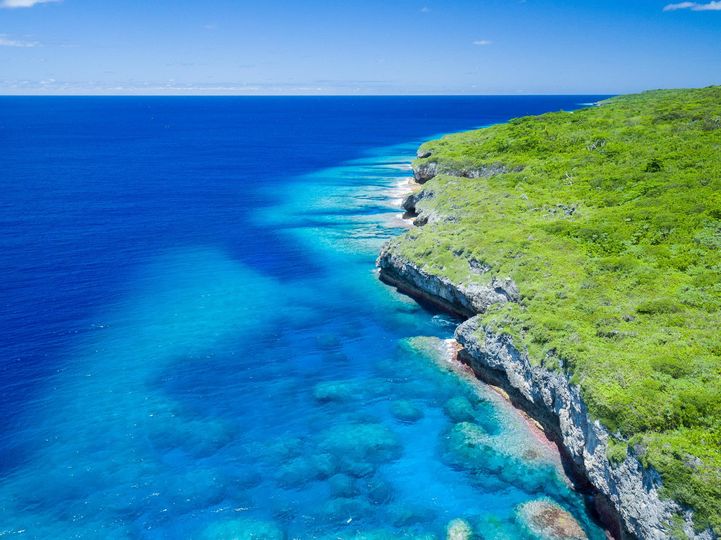At a reception marking the 50th anniversary of Niue’s self-governance, the premier of the tiny Pacific country offered an off-hand and off-script confession.
“”I think it’s the first time I’ve ever been busy as premier of Niue,” Dalton Tagelagi said.
A procession of leaders from New Zealand and beyond have arrived on the postcard-perfect coral island through 2024.
Last week, it was Deputy Prime Minister Winston Peters’ turn to celebrate the milestone, bringing a delegation of MPs.
But as they tucked into dinner at the stunning Matavai Resort, with balconies perched on a coastal cliff that make spotting migratory whales possible each winter, others on the island shivered through cold showers.
The power was off.
Transmission to the more-populated north of the island was shut off to manage a peak, while resort guests were protected from the blackout.
The inconvenience was not the first.
Niue has been without its renewable energy since November, when lightning strikes during a storm took the source offline.
At that point, the solar panels had been powering up to 38 percent of the country’s needs.
Since then Niue, already reliant on aging infrastructure, has been running purely off diesel, much to Finance Minister Crossley Tatui’s frustration.
“The sun is free and abundant in Niue. Diesel, which takes thousands of miles to reach us, most certainly is not,” he said.
The ailing power supply has given rise to New Zealand’s anniversary present: NZ$20.5 million (US$12.5 million) worth of solar panels and batteries.
When completed, the six-hectare development will boost both overall generation and the share of renewables to 80 per cent.
For Niue, looking to promote its eco-credentials in a crowded field of Pacific tourism options, the project cannot come soon enough.
“I got word the electricity might have been turned off last night to make the point,” Peters quipped.
Just 1600 people live in Niue – meaning New Zealand’s solar investment costs around $13,000(US$7,986) per Niuean – and the country does feel ripe to expand tourism.
The purity of seawater rivals anywhere in the Pacific, allowing for world-class snorkelling or diving, and crystal-clear swimming.
Cheery locals are amenable to visitors sharing their forested island, the first place to nominate its entire country as a dark sky sanctuary.
However, capacity constraints inhibit growth.
Niue is without any direct air links to Australia, where 6000 Niueans live.
It is serviced by just one to two weekly services from Auckland, a four-hour flight to the southwest, bringing tourists and Niueans from the 30,000-strong community in New Zealand.
Roads are being improved by a China-funded project to lay bitumen around its network, including the 64km ring road.
The Matavai is also the only large-scale accommodation in Niue, which gives the island a secluded charm.
“We can host more tourists. Our challenge is the infrastructure and accommodation,” Tagelagi said.
“We’re encouraging families with unoccupied houses to open up and we are looking for another hotel or resort to complement the one that we have now.”
New Zealand is also eager for tourism growth, given it effectively underwrites Niue, which is recognised as a country governing “in free association” with New Zealand.
At a celebratory function, Mr Peters praised the New Zealand governments of the early 20th century who argued they “were the best people to handle” Niue.
“I don’t want to sound arrogant but we were the best people to handle it,” he said.













